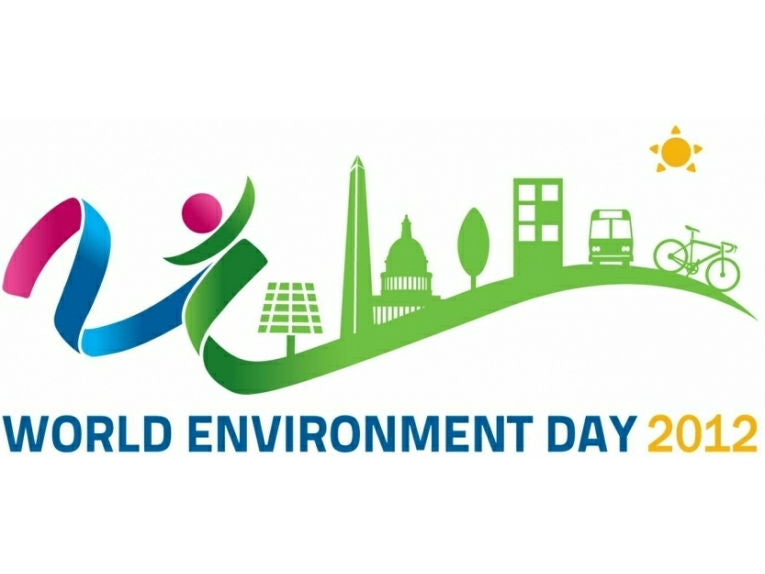This year sees the 40th anniversary of the event that led to the establishment of World Environment Day. WED, as it is often called, was established by the United Nations General Assembly to mark the start of the UN Conference on the Human Environment held in Stockholm from 5th to 16th June 1972. The first World Environment Day was on 5th June 1973.
The Stockholm Conference was the first occasion that world leaders met to discuss the political, social and economic problems of the global environment with a view to actually doing something about it.
Each year World Environment Day is hosted by a different country and this year the host is Brazil and the theme is Green Economy: Does it include you?
A Green Economy, according to the United Nations Environment Programme, is one that results in improved human well-being and social equity, while significantly reducing environmental risk and ecological scarcities.
This can be summed up as being a socially inclusive, low carbon economy that is efficient with its resources.
In more detail, economic growth, through income and employment, is driven by public and private investment that in addition to reducing carbon emissions and pollution, enhances energy and resource efficiency, and prevents the loss of biodiversity and ecosystem services. In order to support these investments a degree of targeted public expenditure, coupled with policy reforms and regulation changes is necessary.
The 2012 gathering in Brazil is being hailed as one of the largest and most important gatherings in the history of the United Nations. In addition to 2012 being an important date in the history of World Environment Day, it is also the 20thanniversary of the first Earth Summit that was held in Rio in 1992.
This year's Rio+20 Earth Summit is seen as a once in a generation opportunity to set the world on a path leading to a sustainable low-carbon green economy. It is confidently expected that at least 130 world heads of state will be attending the gathering.
Unfortunately the major problem facing the world is that in spite of the determined efforts in recent years to improve the environment, according to some experts the situation is actually getting worse rather than better.
A report from the World Wildlife Fund cites a combination of swelling populations, mass migration to cities, increased energy use and soaring carbon dioxide emissions that are putting a greater squeeze on the planet's resources than ever before. Particularly hard hit are animals and plants whose diversity depends on a clean water supply, plus a range of other natural resources.
It is estimated that demand for natural resources has doubled since 1996 and that it now takes a year and a half to regenerate the renewable resources that humans use in one year. The prediction is that by 2030 it will take the equivalent of two planets to meet resource demand.
In the years since the Earth Summit of 1992 world leaders have signed up to a host of different accords, all expressing a firm desire to improve matters, yet many of the changes for the worse have continued to accelerate, particularly during the past ten years.
Climate-warming carbon emissions have increased by 40% since 1992, but two thirds of that increase has occurred since 2002.
In the past 20 years the populations of the world's cities has risen by around 45% and urban residents typically have much larger carbon footprints than their rural counterparts. In China, for instance, the average Beijing resident has a footprint three times the average for the rest of the country.
The steady increase in populations in various parts of the world has driven up the demand for food. This in turn has put significant demands on agriculture and placed enormous stress on freshwater ecosystems and fishing zones.
The one encouraging factor is that world population could hit its peak sometime during the current century. Although it topped 7 billion in 2011, the growth rate shows signs of slowing.
Two important factors militate against something that is clearly vital to the future of our planet.
There has never been a more challenging time for our environment. Time now really is running out and this fact can no longer be ignored.
The clear message of World Environment Day is that everyone has a duty to push for a Green Economy and hopefully the world leaders at Rio+20 will take this forward. Turning things around will be difficult; it will need unity and strength of purpose, but it simply must be done.
href="https://earthtimes.org/index.html">Going green News









